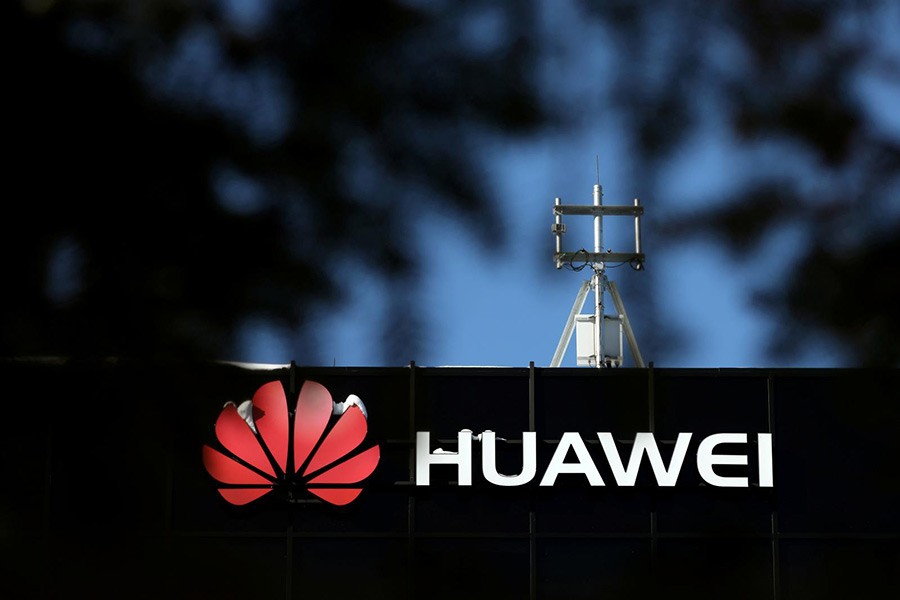The British government has approved the supply of equipment by Chinese telecoms firm Huawei for the UK's new 5G data network despite warnings of a security risk.
There is no formal confirmation but the Daily Telegraph says Huawei will build "non-core" components such as antennas, reports BBC.
The US wants its allies in the "Five Eyes" intelligence grouping - the UK, Canada, Australia and New Zealand - to exclude the company.
Huawei has denied that its work poses any risks of espionage or sabotage.
But Australia has already said it is siding with Washington - which has spoken of "serious concerns over Huawei's obligations to the Chinese government and the danger that poses to the integrity of telecommunications networks in the US and elsewhere".
A spokesman for the Department for Digital, Culture, Media and Sport in UK has said it is reviewing the supply of equipment for the 5G network and will report in due course.
UK digital minister Margot James responded to the reports by tweeting: "In spite of Cabinet leaks to the contrary, final decision yet to be made on managing threats to telecoms infrastructure."
According to the Daily Telegraph, Huawei would be allowed to help build the "non-core" infrastructure.
This would mean Huawei would not supply equipment for what is known as the "core" parts - where tasks such as checking device IDs and deciding how to route voice calls and data take place.
'Different approaches'
Huawei, a private company which already supplies equipment for the UK's existing mobile networks, has always denied claims it is controlled by the Chinese government.
It said it was awaiting a formal announcement, but was "pleased that the UK is continuing to take an evidence-based approach to its work", adding it would continue to work cooperatively with the government and the industry.
Ciaran Martin, the head of the National Cyber Security Centre - which oversees Huawei's current UK work - told BBC Radio 4's Today programme a framework would be put in place to ensure the 5G network was "sufficiently safe".
Asked about the potential of a conflict in the position of Five Eyes members, he added: "In the past decade there have been different approaches across the Five Eyes and across the allied wider Western alliance towards Huawei and towards other issues as well."
Cyber threats are being discussed by representatives of the once-secret Five Eyes alliance, at a security conference in Glasgow.
BBC security correspondent Gordon Corera says it is believed the decision to involve Huawei was taken by ministers at a meeting of the government's national security council on Tuesday, chaired by Prime Minister Theresa May.
The home, defence and foreign secretaries were reported to have raised concerns during discussions with British Prime Minister Theresa May.
In a tweet, shadow Cabinet Office minister Jo Platt said using Huawei equipment would raise "serious questions" about the "government's interests and how they will secure networks".
Foreign Affairs Committee chairman Tom Tugendhat tweeted that allowing Huawei to build some of the UK's 5G infrastructure would "cause allies to doubt our ability to keep data secure and erode the trust essential to #FiveEyes cooperation".
Speaking on the Today programme, Mr Tugendhat said the proposals still raised concerns, as 5G involved an "internet system that can genuinely connect everything, and therefore the distinction between non-core and core is much harder to make".
Joyce Hakmeh, a research fellow at think tank Chatham House and co-editor of the Journal of Cyber Policy, said the UK's current mobile network needs to be transformed to the "the next level... quicker, more stable 5G".
But she added the government would be hoping its decision on Huawei did not upset either China or the US.
Limiting - but not barring - Huawei technology from the 5G networks would be a "diplomatic way of managing a difficult situation" for the UK, said Ms Hakmeh.


